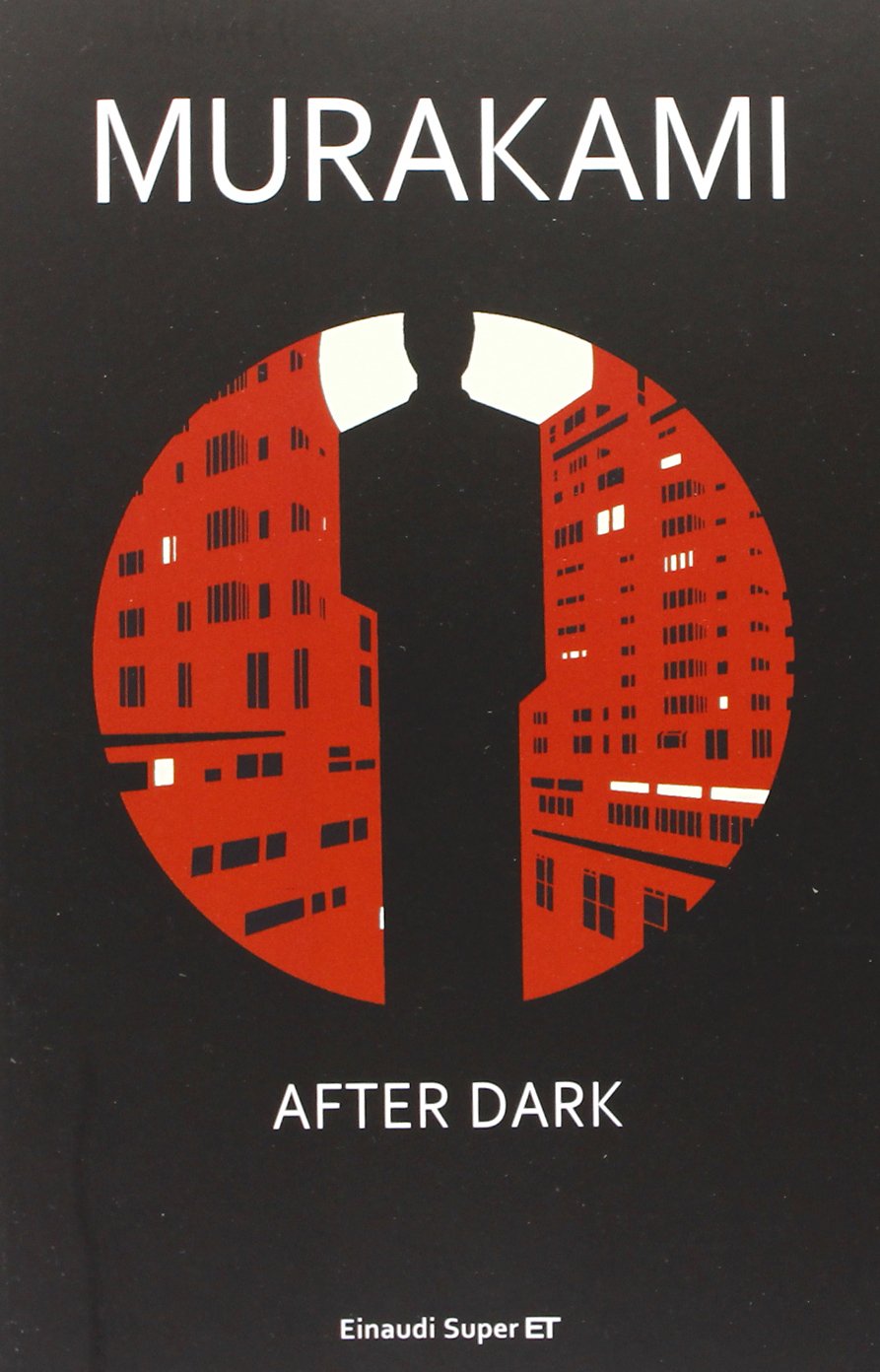
The novel was very accessible, perhaps too much so when I finished it, I was left with this sinking feeling that I had missed something major. But that is both fascinating and infuriating.

It felt like a perfect blend of slice of life with a touch of magic realism making the reader question the limits of reality and the final meaning of the novel. I really liked a lot of things about this book.

This was a truly unique reading experience - Murakami seems to change his narration style depending on the narrative being recounted, even making the narrator feel like a cameraman at one point. Flipping from a Denny’s to a love hotel, from a park to an office, from a bedroom to the world inside a tv recording, After Dark is an embodiment of the feeling of roaming around a city and your own thoughts late at night. The weaving together of multiple narratives also makes this book hard to put down. Through their discussions and interactions, Murakami paints a picture of their pasts, present and even hints at their future.Ĭontrary to what one might suppose about a 1-night novel, there are quite a few surprising plot points. Mari Asai and Tetsuya Takahashi are the main characters, two quirky, if slightly aimless soul who find a lot to talk about despite having little in common.

This entire book takes place over the course of one night, and portrays how the lives of individuals connect in subtle and/or unexpected ways. Also, the main character, Mari Asai is actually a teenager! Be warned, the novel does have heavy moments, but it’s really a great introduction to this iconic Japanese author. This novel feels like a YA version of Murakami all the style and quirky characters in an accessible and small package. Curious about the Murakami-hype but unwilling to commit to the 600-page The Wind Up Bird Chronicles or the 900-page IQ84 trilogy – well, After Dark is the perfect Murakami starter.


 0 kommentar(er)
0 kommentar(er)
